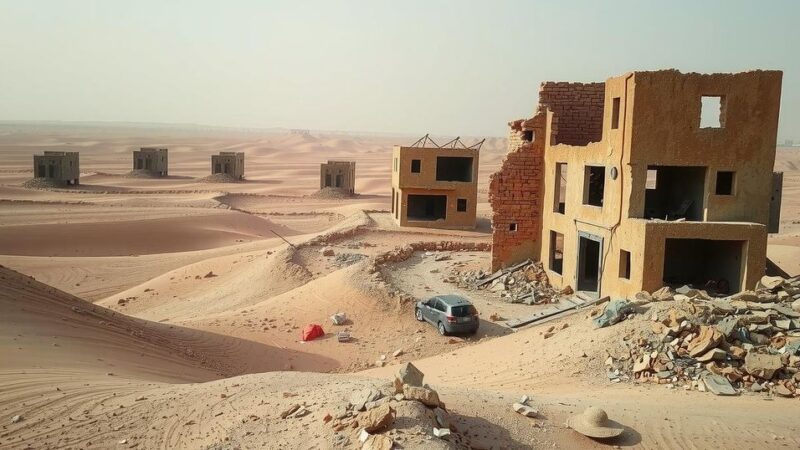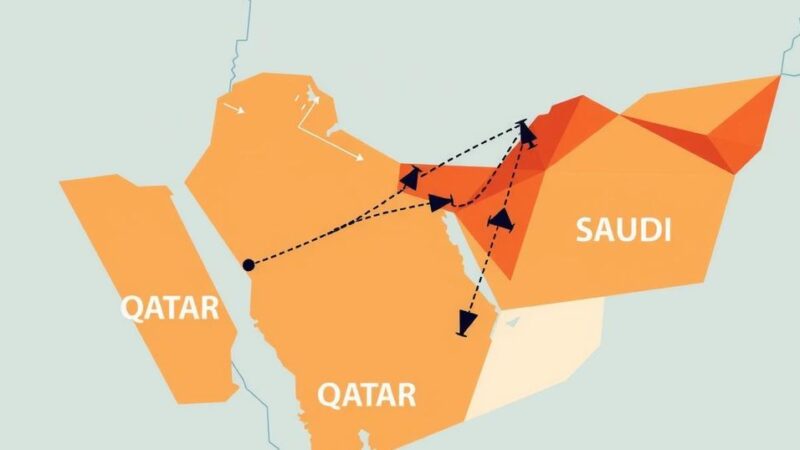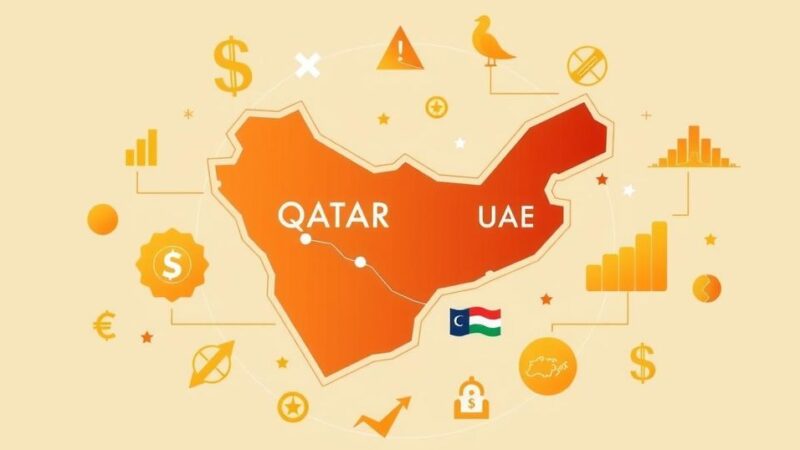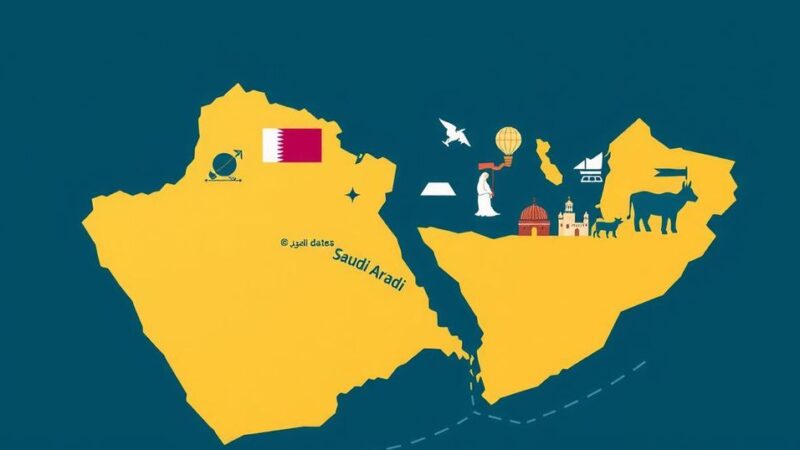The IGAD will hold a virtual summit on March 12, 2025, to address the escalating tensions in South Sudan due to renewed violence, including recent clashes and attacks on UN personnel. The bloc remains dedicated to promoting peace and implementing the 2018 peace agreement amid significant challenges.
The Intergovernmental Authority on Development (IGAD), composed of eight nations, will hold an extraordinary virtual summit on March 12, 2025, to confront the increasing tensions in South Sudan. This session is prompted by a resurgence of violence and aims to discuss measures to restore stability.
IGAD, which includes Ethiopia, Djibouti, Somalia, Sudan, Eritrea, South Sudan, Kenya, and Uganda, is responsible for overseeing the 2018 Revitalised Agreement on the Resolution of the Conflict (R-ARCSS). Currently, President Ismael Omar Guelleh of Djibouti leads this regional bloc.
In its statement, IGAD expressed its unwavering commitment to fostering dialogue and de-escalating tensions in order to secure a peaceful future for the South Sudanese populace. This summit follows recent violent clashes in Nasir, where the White Army reportedly took control of a military barracks, leading to further accusations and escalating hostility.
Tensions heightened when a United Nations helicopter, conducting an evacuation mission for SSPDF soldiers, was fired upon, resulting in fatalities, including an army commander and a U.N. crew member. These events unfolded shortly after the detention of a deputy army chief and a minister associated with Vice President Riek Machar, which the SPLM-IO denounced as a serious breach of the 2018 peace agreement.
Implementation of this peace agreement, negotiated between President Kiir and Machar, has faced substantial obstacles, particularly concerning the unification of armed forces in the nation.
The upcoming IGAD summit demonstrates a collective response to the escalating unrest in South Sudan. With a focus on dialogue and peace, the meeting seeks to address the ongoing violence and reinforce commitments made in the 2018 peace agreement, despite the significant challenges that have arisen in the implementation process.
Original Source: www.radiotamazuj.org






